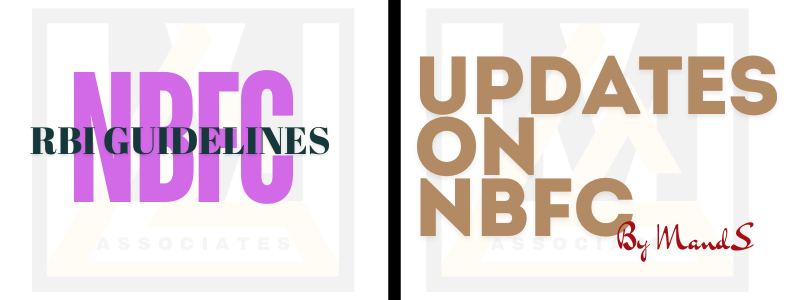
The recent regulatory directives issued by the Reserve Bank of India (RBI) targeting a wide array of financial institutions, including banks, Non-Banking Financial Companies (NBFCs), and fintech firms, highlight the paramount importance placed by regulators on fostering a stable and adaptable financial ecosystem. These measures encompass various aspects such as lending practices, IT governance, credit expansion, and the handling of Non-Performing Assets (NPAs) and provisioning.
While the regulatory interventions of this year have certainly had an impact on the day-to-day operations of businesses, they are viewed as essential steps to proactively address potential future challenges. The RBI appears to be taking a holistic approach, weighing the costs against the benefits of preventing future issues. Could this be a reflection of the lessons learned from the prolonged NPA crisis of the past decade?
Recent instances such as the suspension of Paytm Payments in January 2024 due to significant KYC irregularities, the regulatory actions against JM Financials and IIFL Finance in March 2024 for various deficiencies, and the concerns raised regarding data security and IT infrastructure at Kotak Bank in April 2024, underscore the critical role of compliance and governance in the financial sector.
In a recent development, the RBI has introduced substantial guidelines, including draft guidelines on the ‘Prudential Framework for Income Recognition, Asset Classification, and Provisioning for Advances — Projects under Implementation’. These guidelines propose a gradual 5 percent standard asset provision during the construction phase and enforce strict adherence to guidelines, referencing Section 269SS of the Income Tax Act for NBFCs.
Of particular focus is the recent warning issued by the central bank to certain non-bank lenders regarding the disbursement of cash loans exceeding the permissible limit of 20,000 rupees. This move is aimed at curbing significant cash disbursements to individuals borrowing against gold assets.
The central bank’s advisory comes in the wake of regulatory action taken against IIFL Finance, one of India’s major gold loan providers, for breaches related to cash disbursement and other regulations. This development prompts a closer examination of who will be impacted, the reasons behind the directive, and the potential implications.
The directive, applicable universally to all NBFCs, clarifies that cash payments exceeding Rs 20,000 are not permitted, emphasizing a shift towards electronic transactions and banking channels for higher-value transactions.
The move to limit cash disbursements in gold loans is a strategic step to prevent the creation of undeclared income and ensure compliance with income tax regulations. Non-bank lenders have been found to flout regulations by issuing substantial cash loans against gold collateral, potentially exposing customers to income tax liabilities.
The RBI’s proactive stance aims to enhance financial integrity, reduce risks, and safeguard consumer interests in the face of growing competition in the retail lending sector. While the directive may lead to a temporary growth deceleration for gold loan NBFCs, customer trust in regulated entities is expected to mitigate any significant business loss.
Overall, the sector remains optimistic about navigating these regulatory challenges, with a strong emphasis on compliance and customer education. The focus on standardized disbursal processes and adherence to regulatory guidelines underscores the commitment of NBFCs to upholding financial integrity and protecting consumer interests.
Disclaimer: The information provided in this article is based on the current understanding and is subject to change. Readers are advised to seek professional advice tailored to their specific circumstances as this article does not replace the need for referencing the original pronouncements and seeking expert guidance